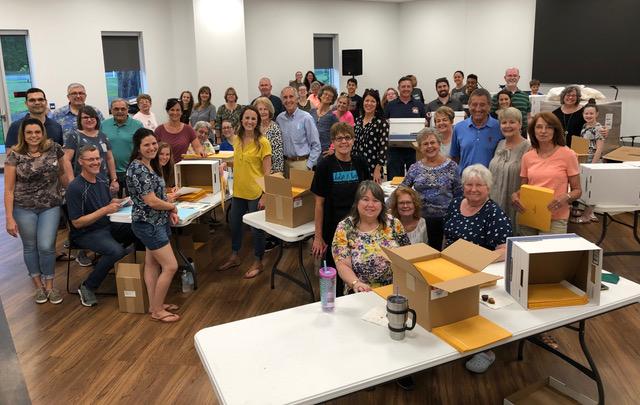A four-year-long grassroots campaign to add a heartbeat amendment to the Florida constitution is sprinting toward a Christmas deadline to collect the 1 million signatures needed to place the initiative on the ballot for the 2022 election.
The effort is still short on signatures, according to Mark Minck, chairman of the committee sponsoring the Human Life Protection Amendment. His four-year effort and sacrifice are lost—for now.




